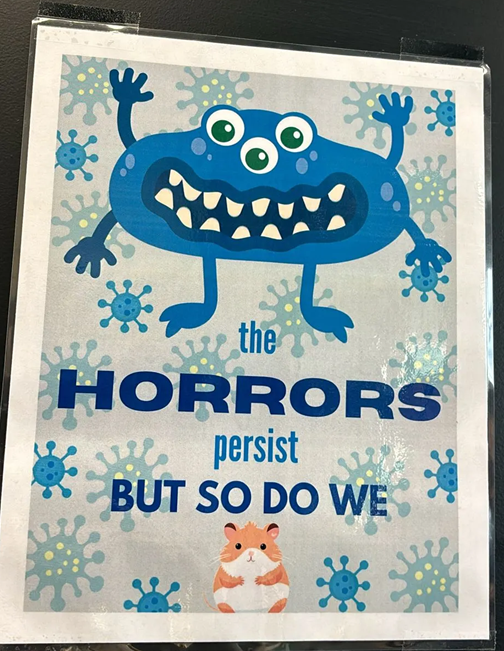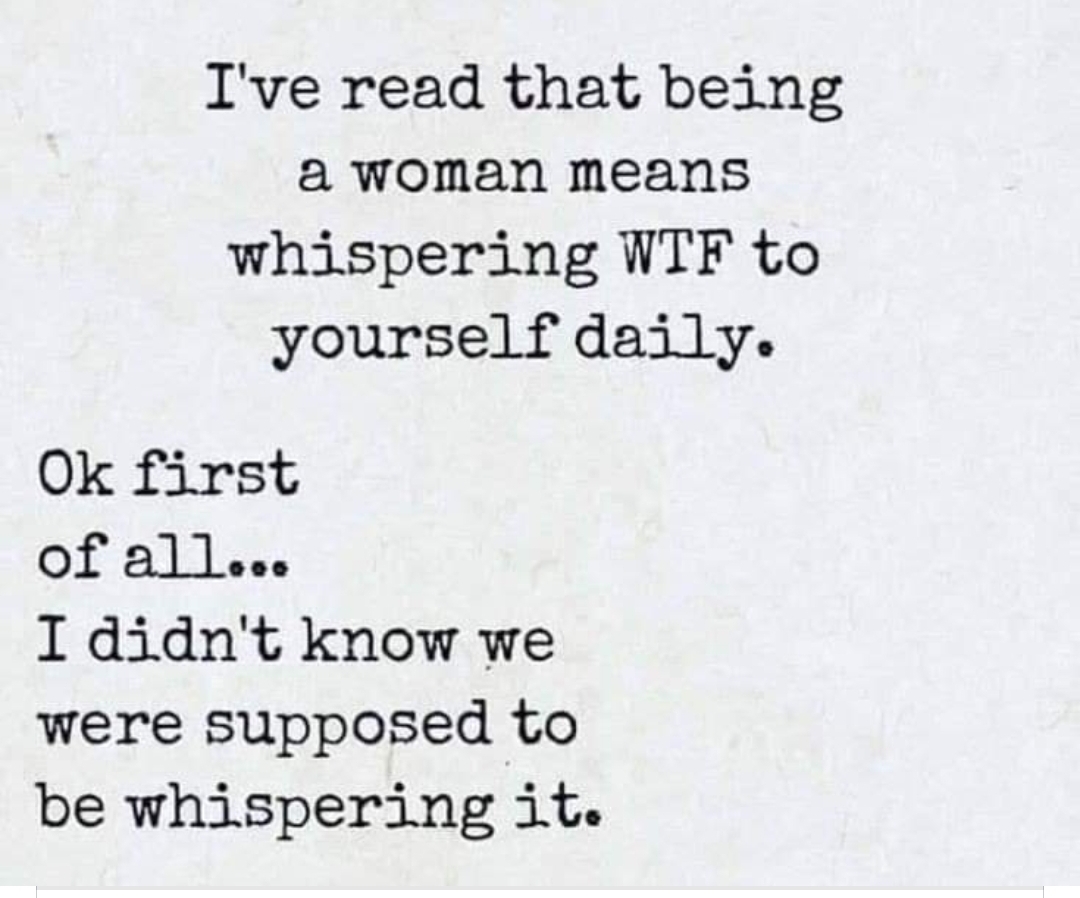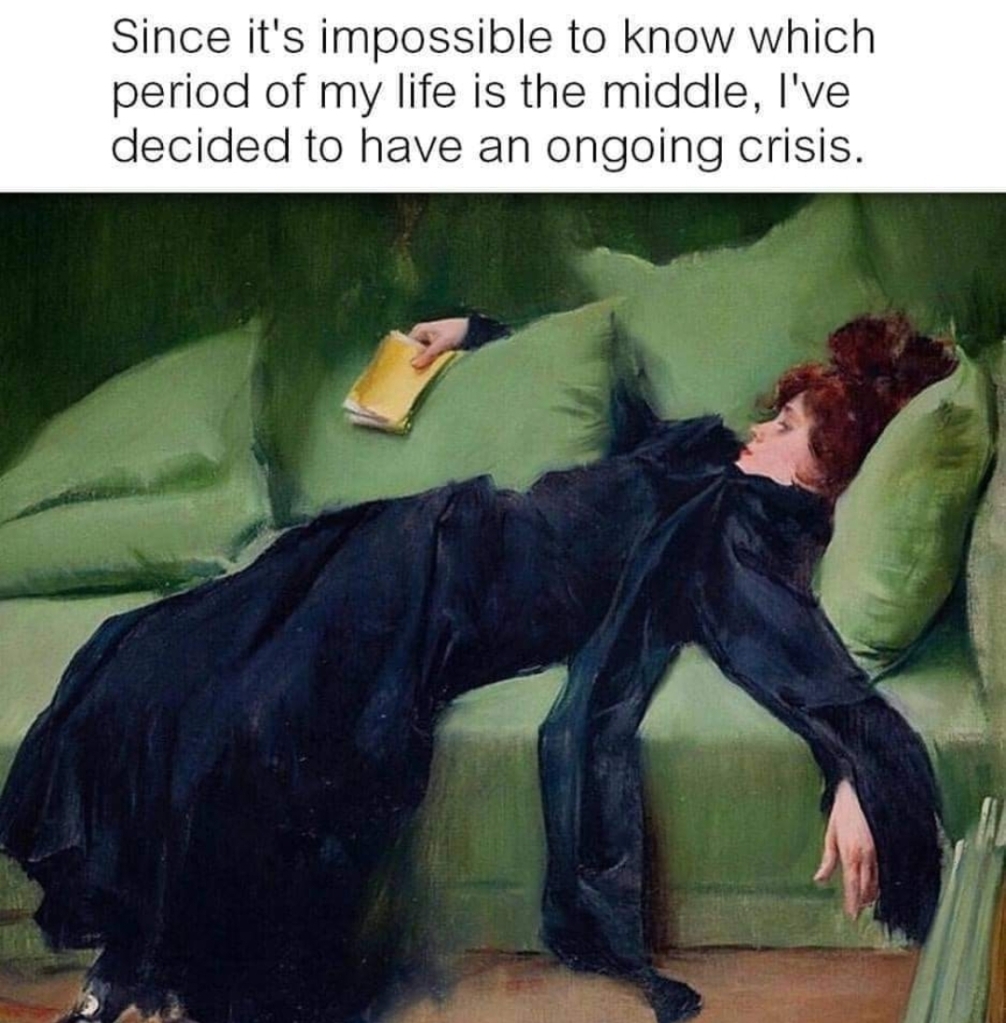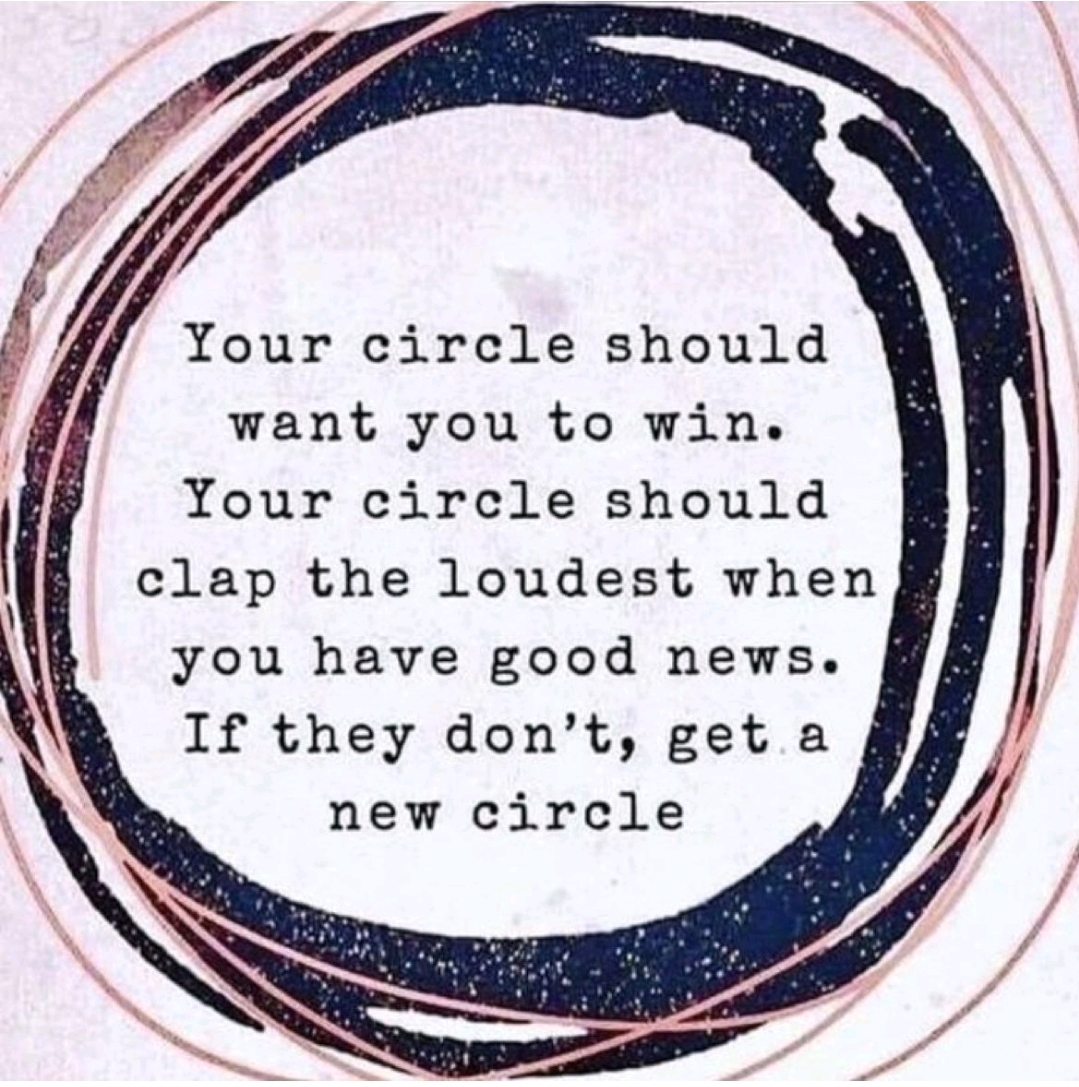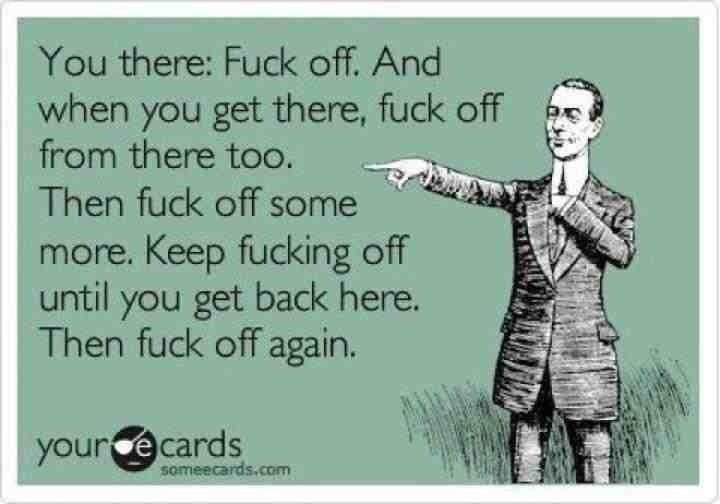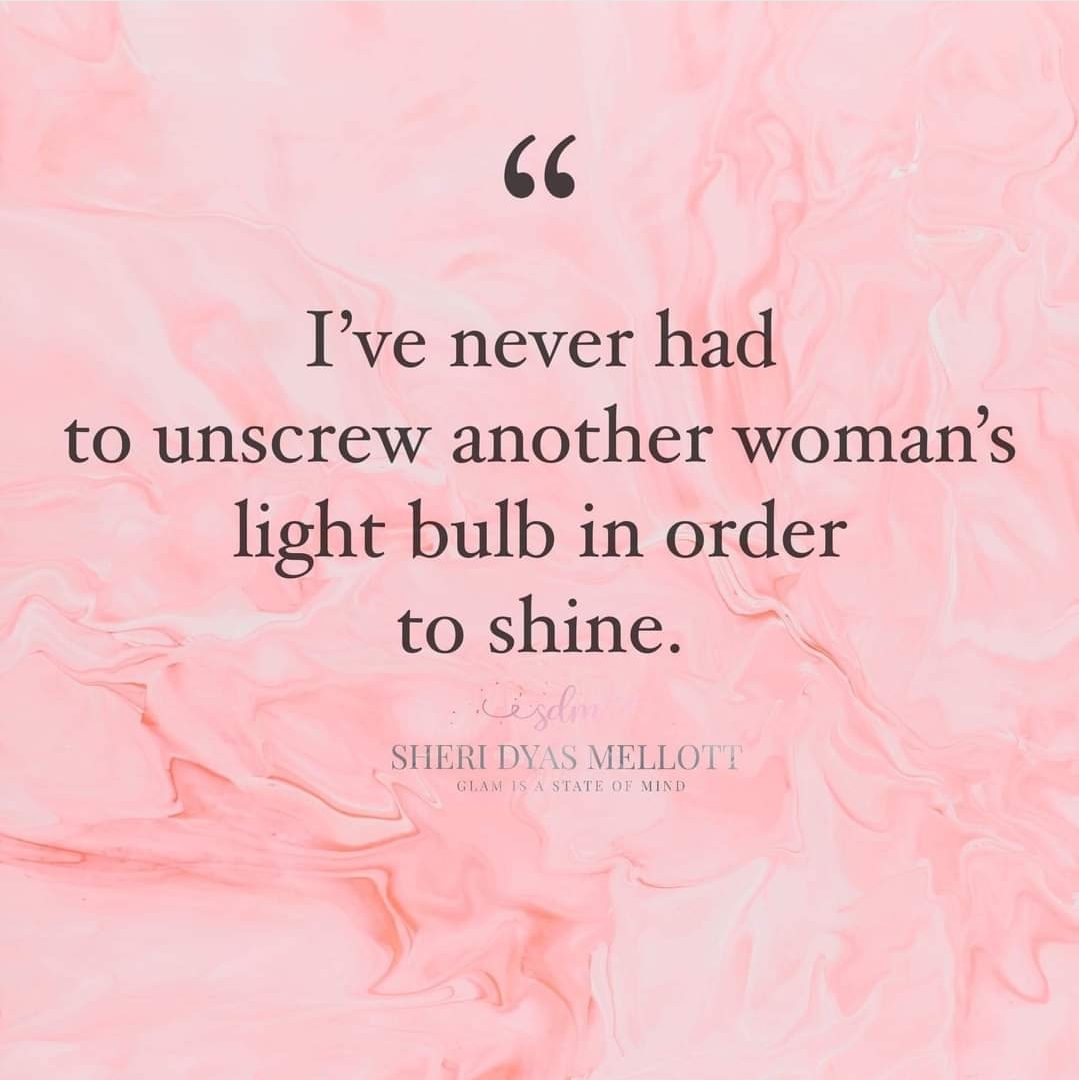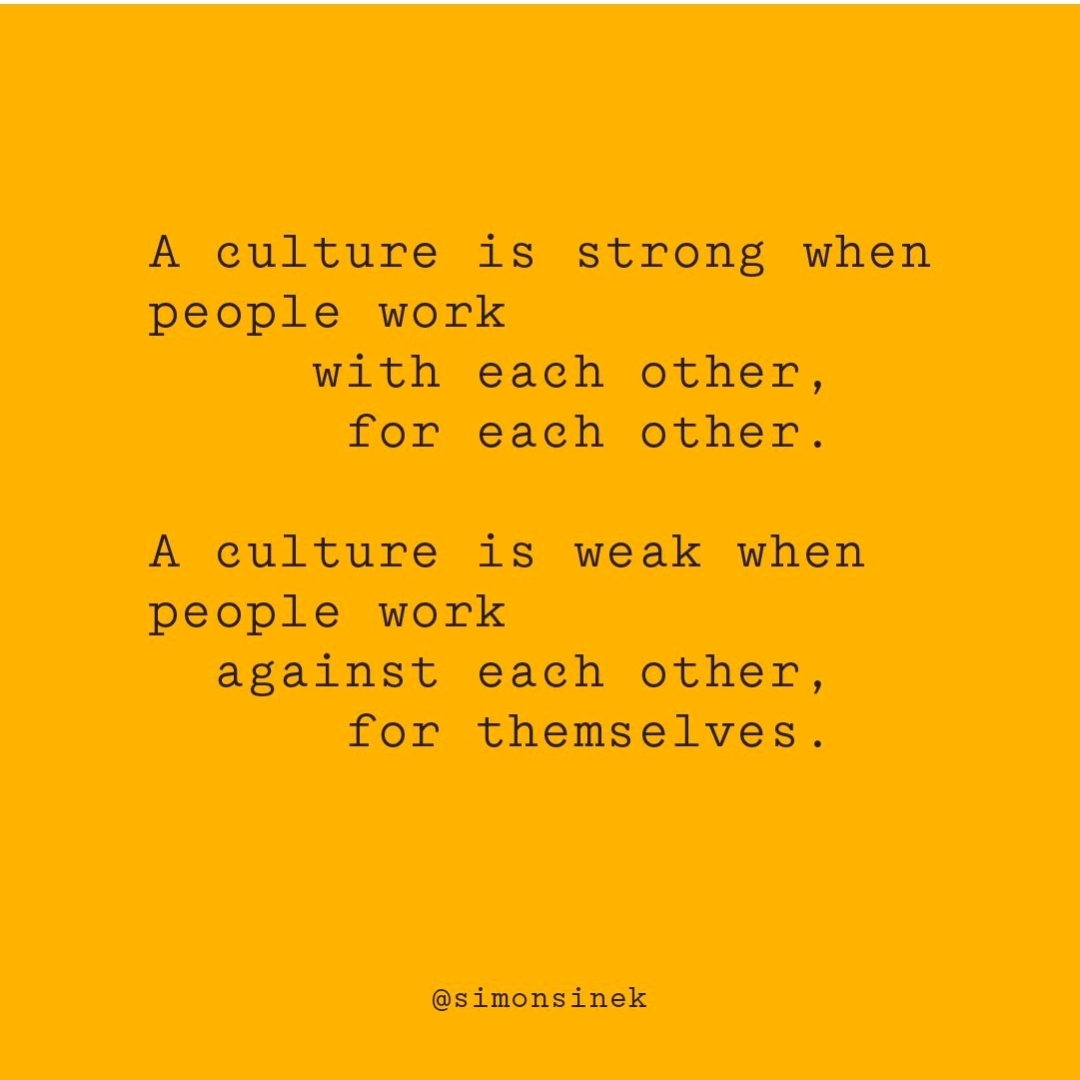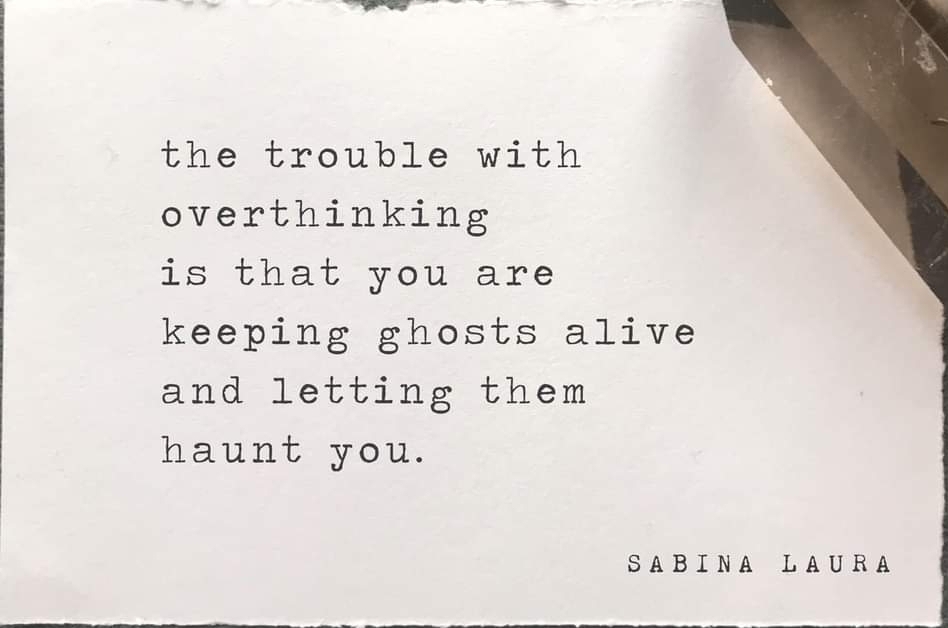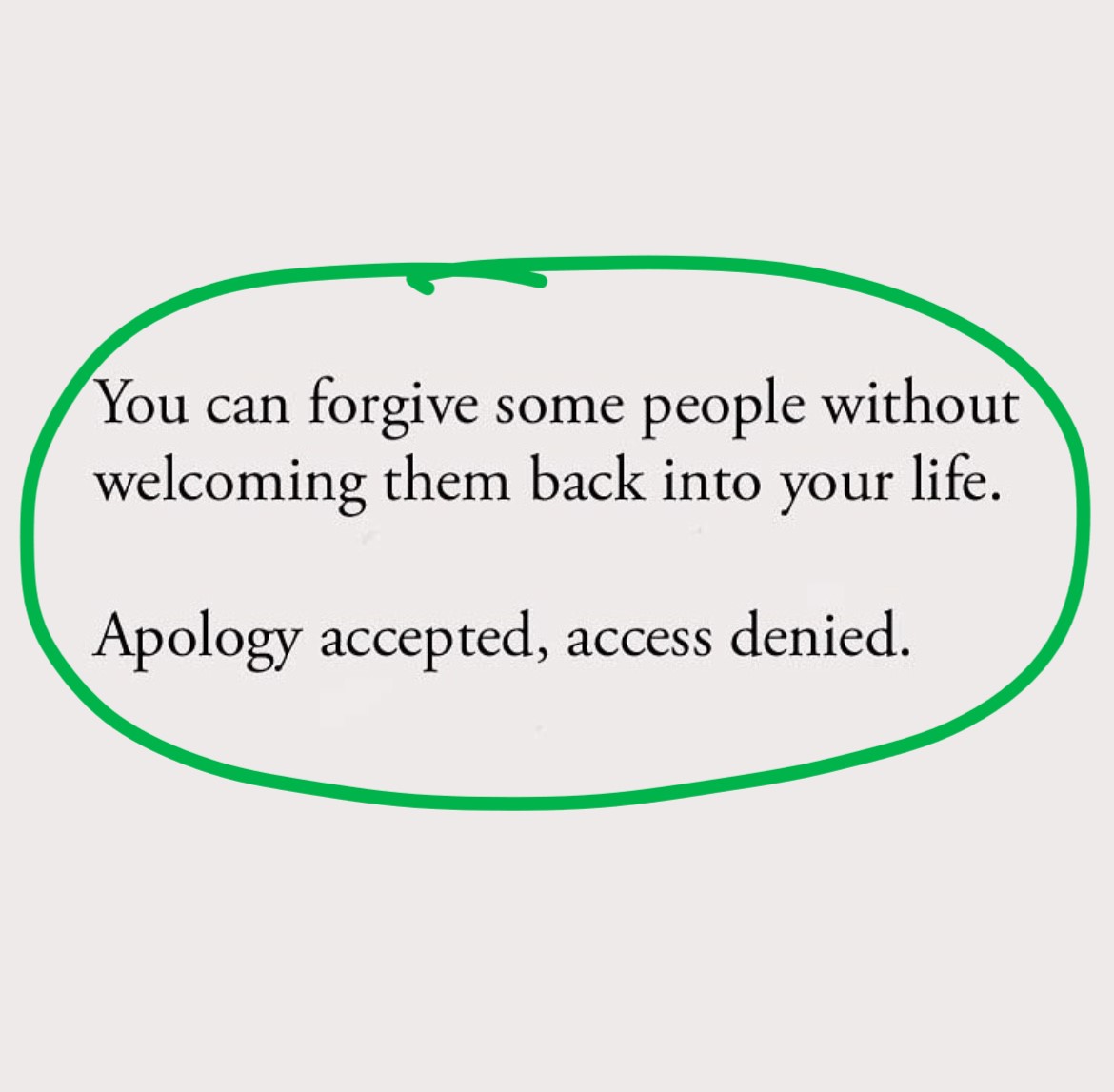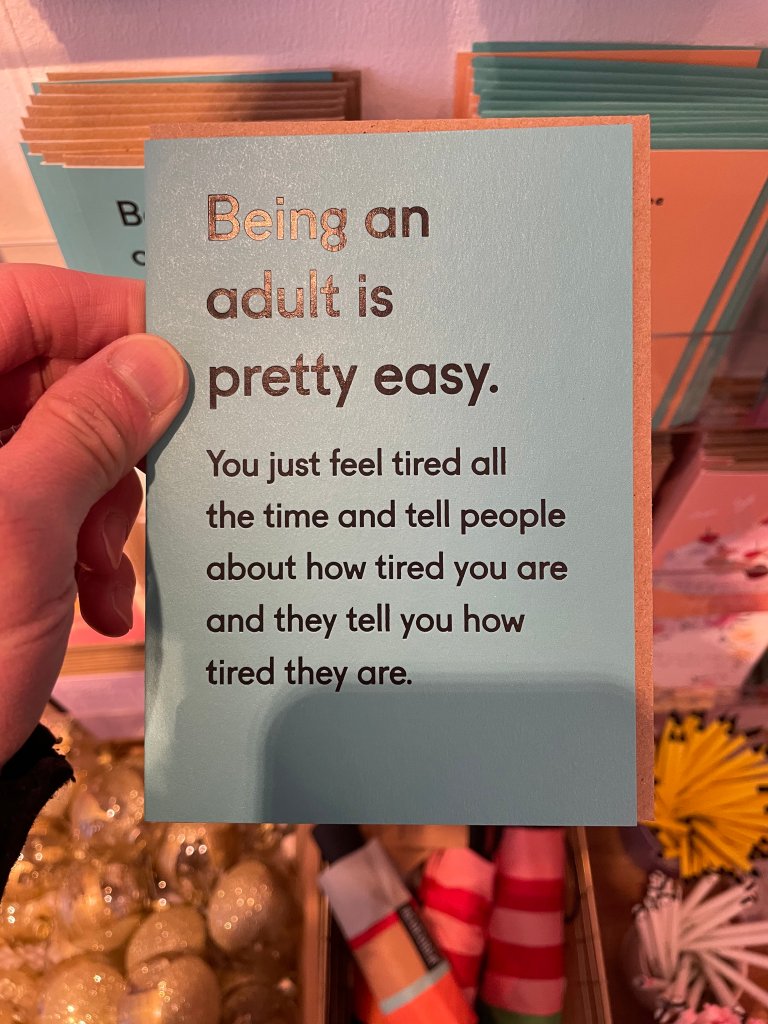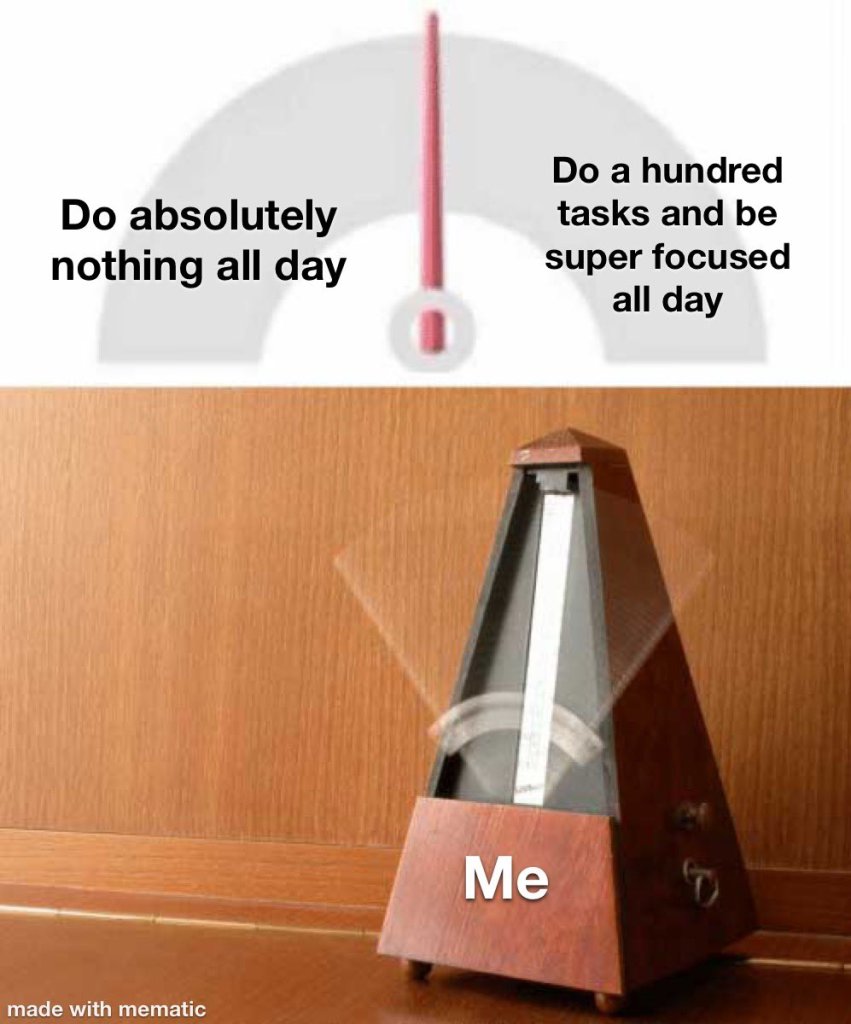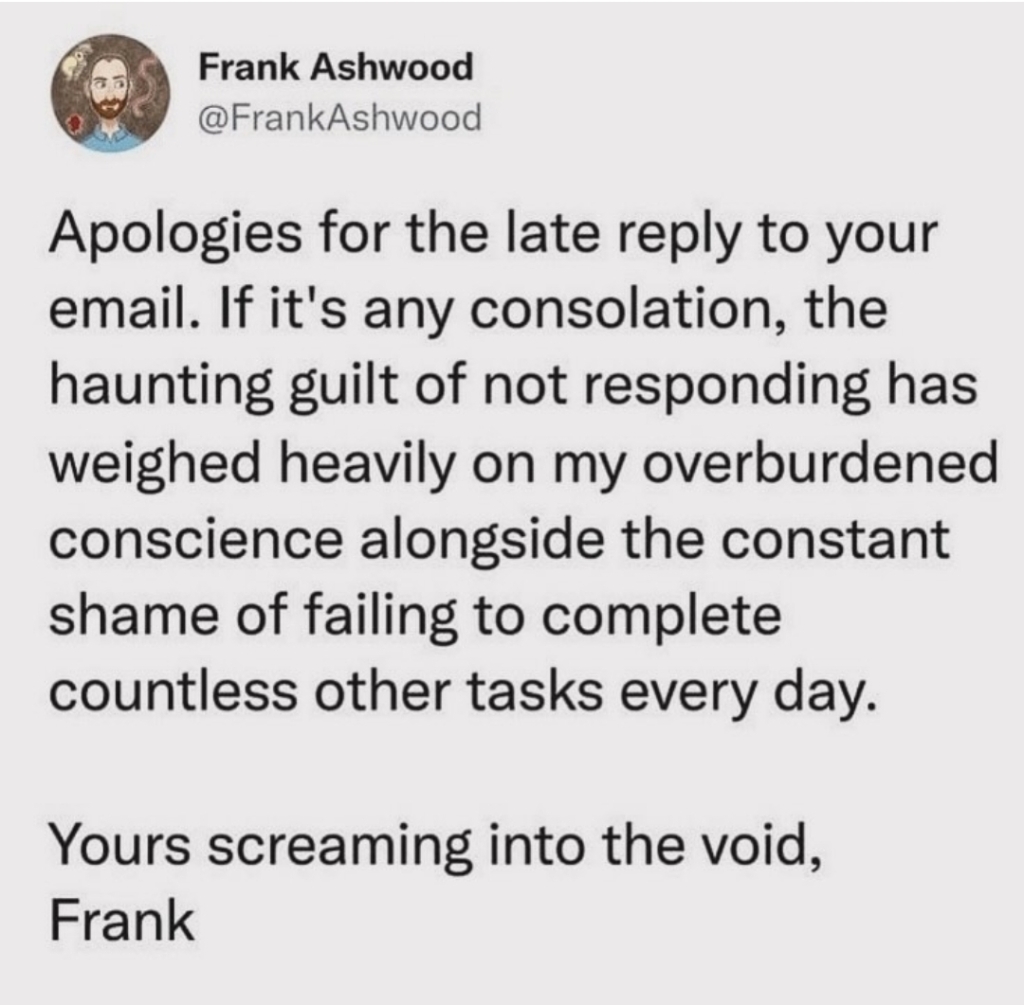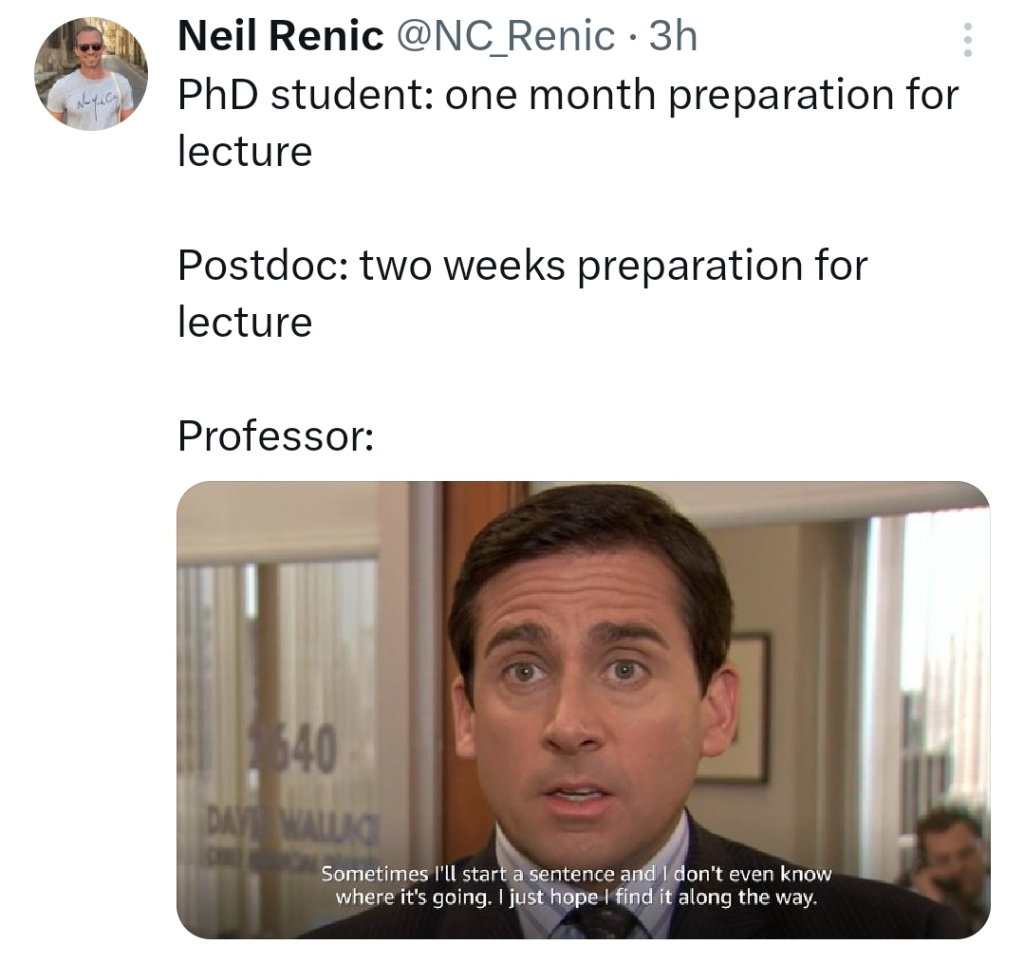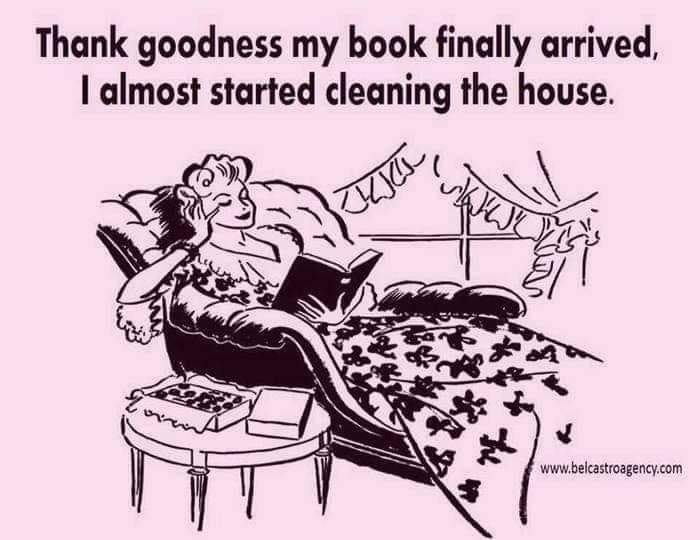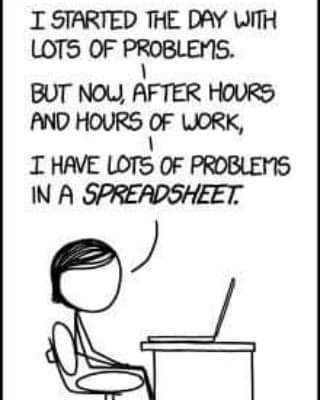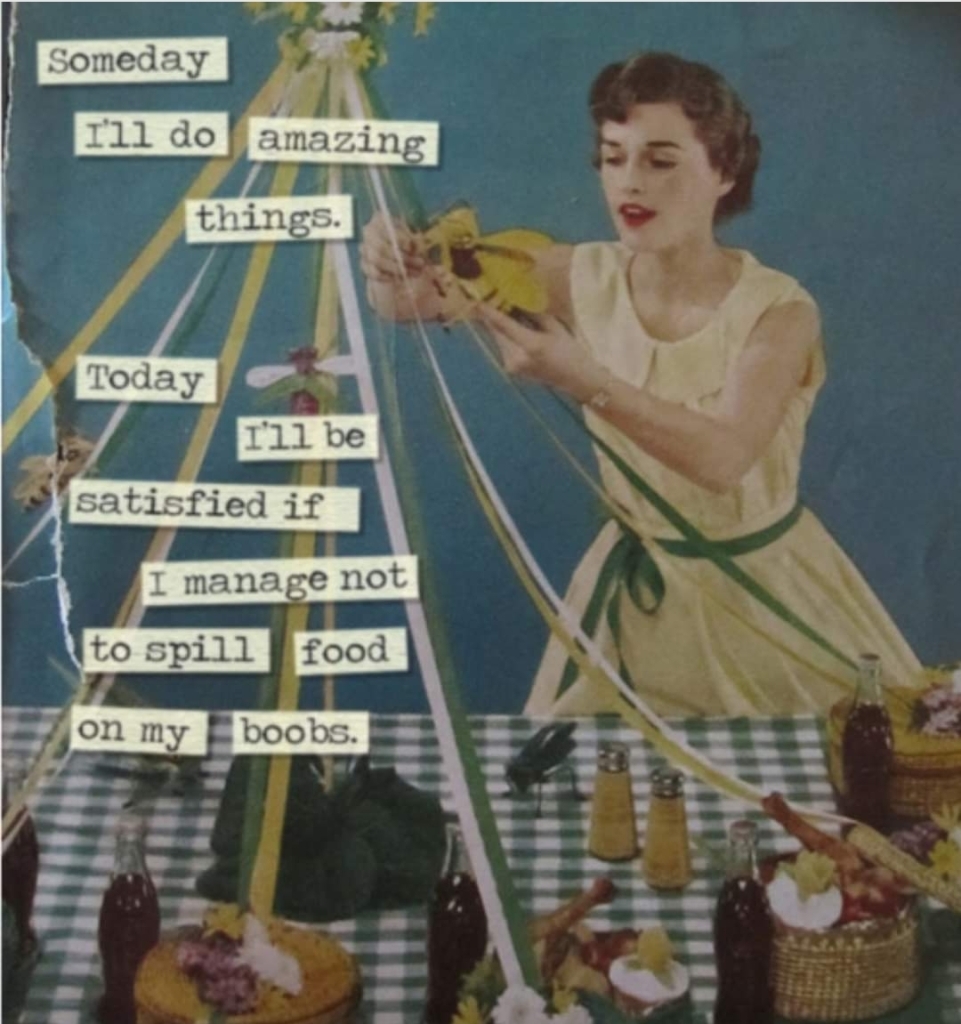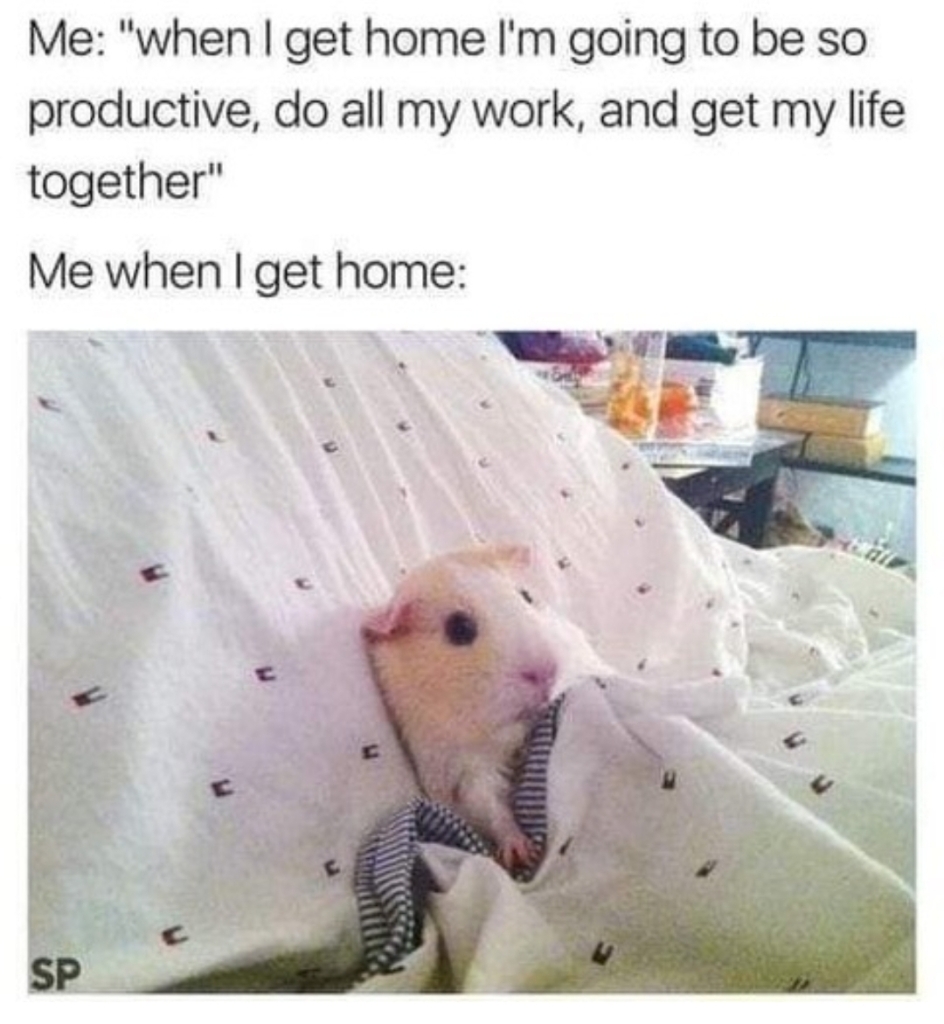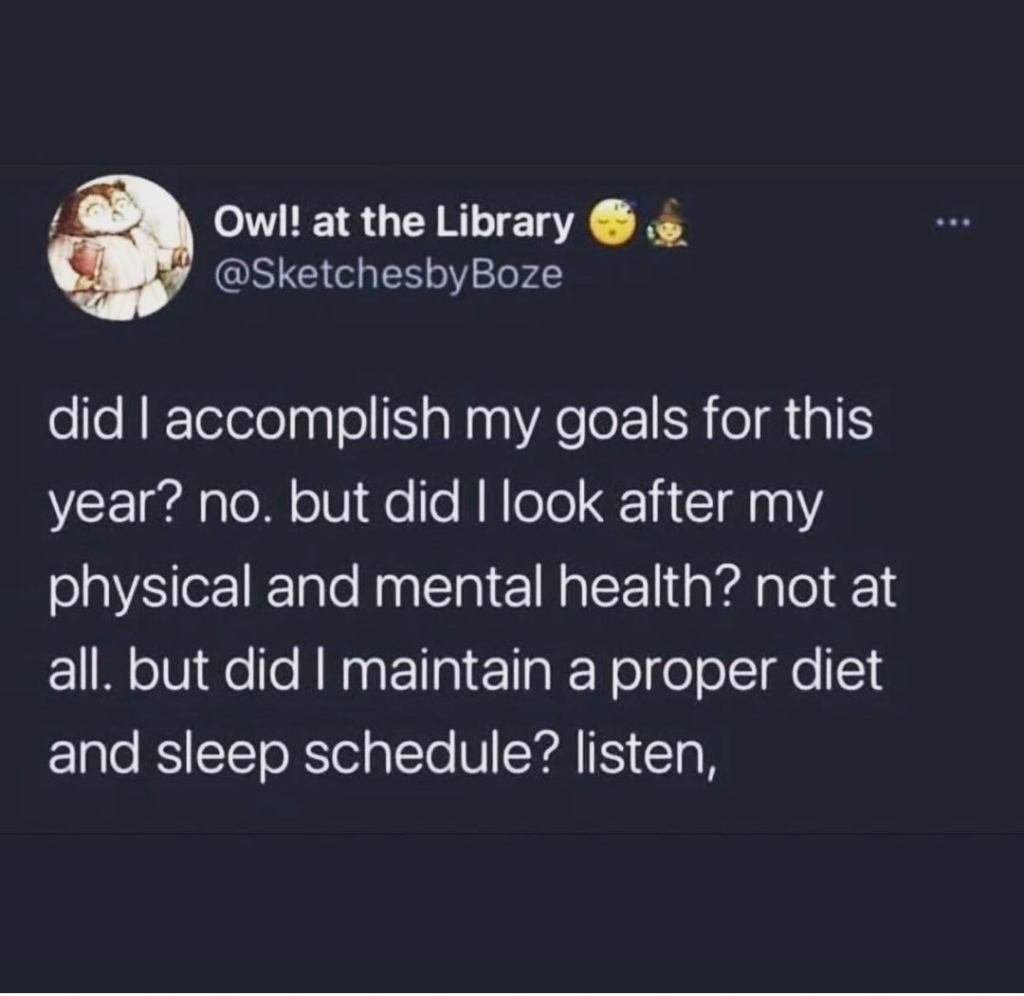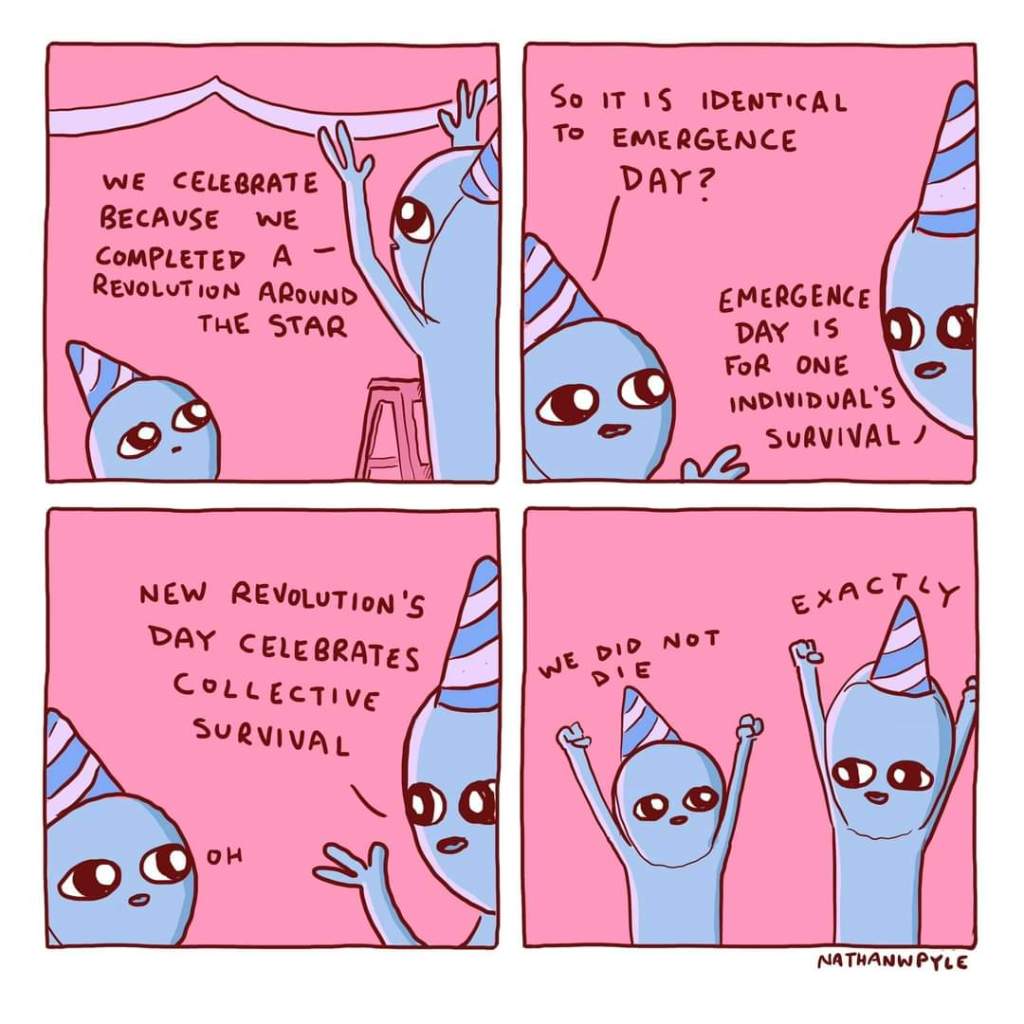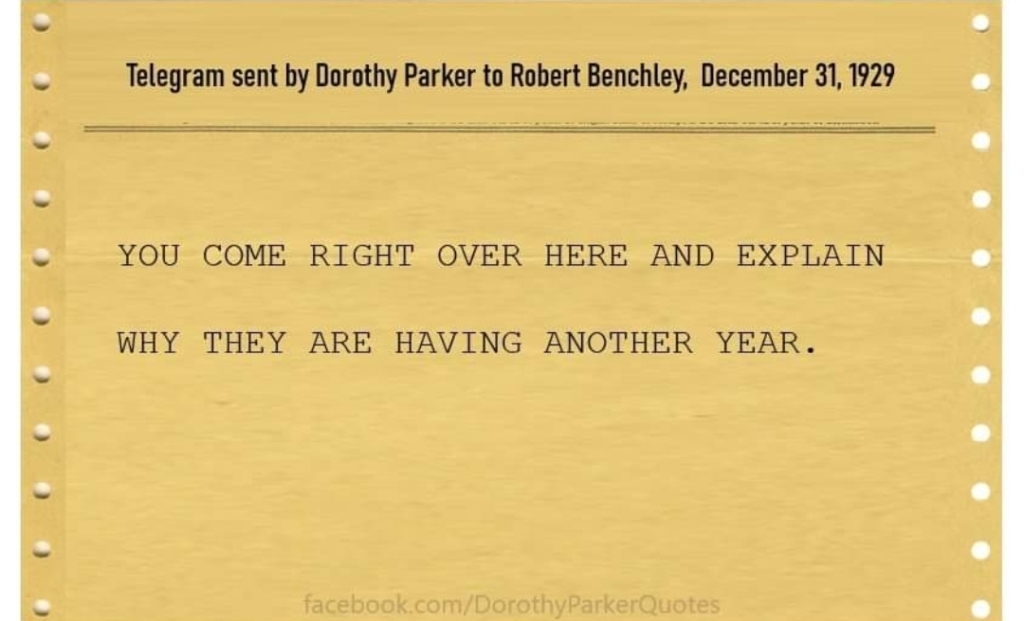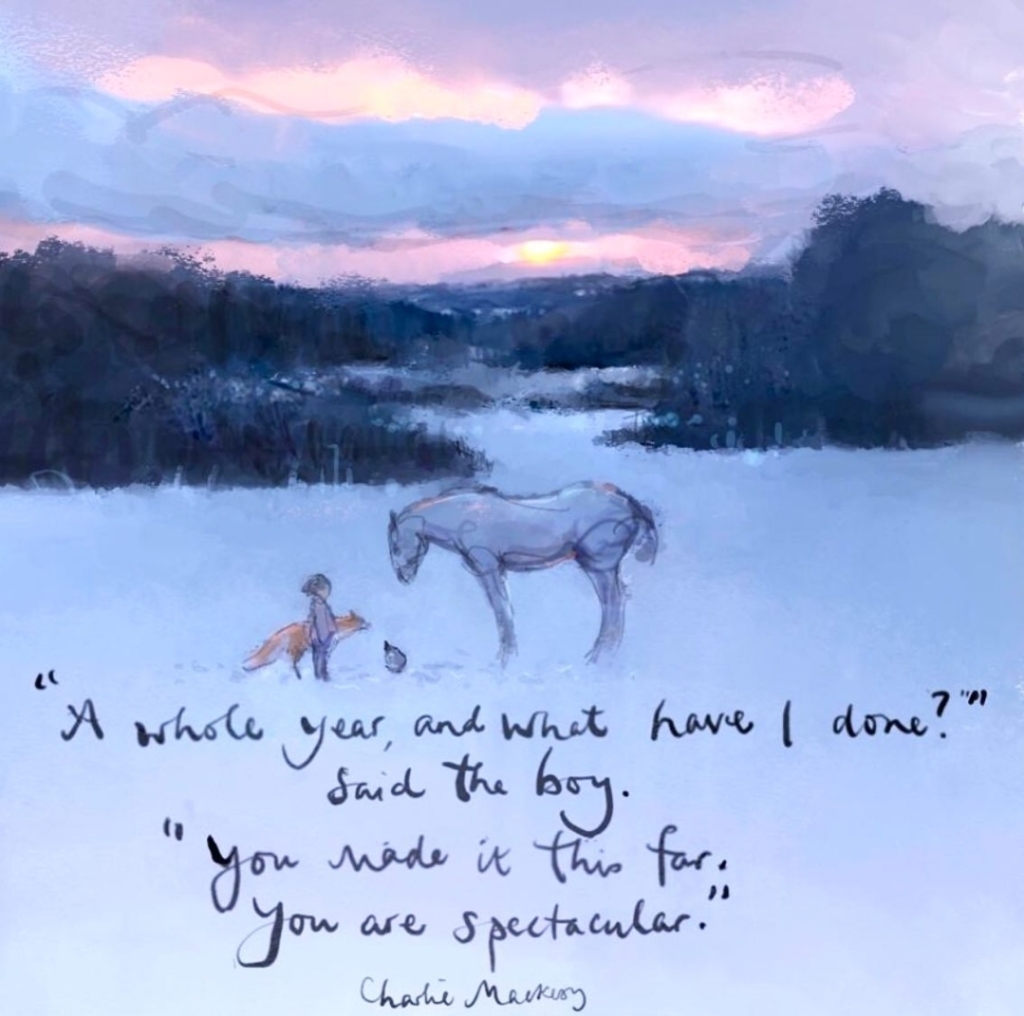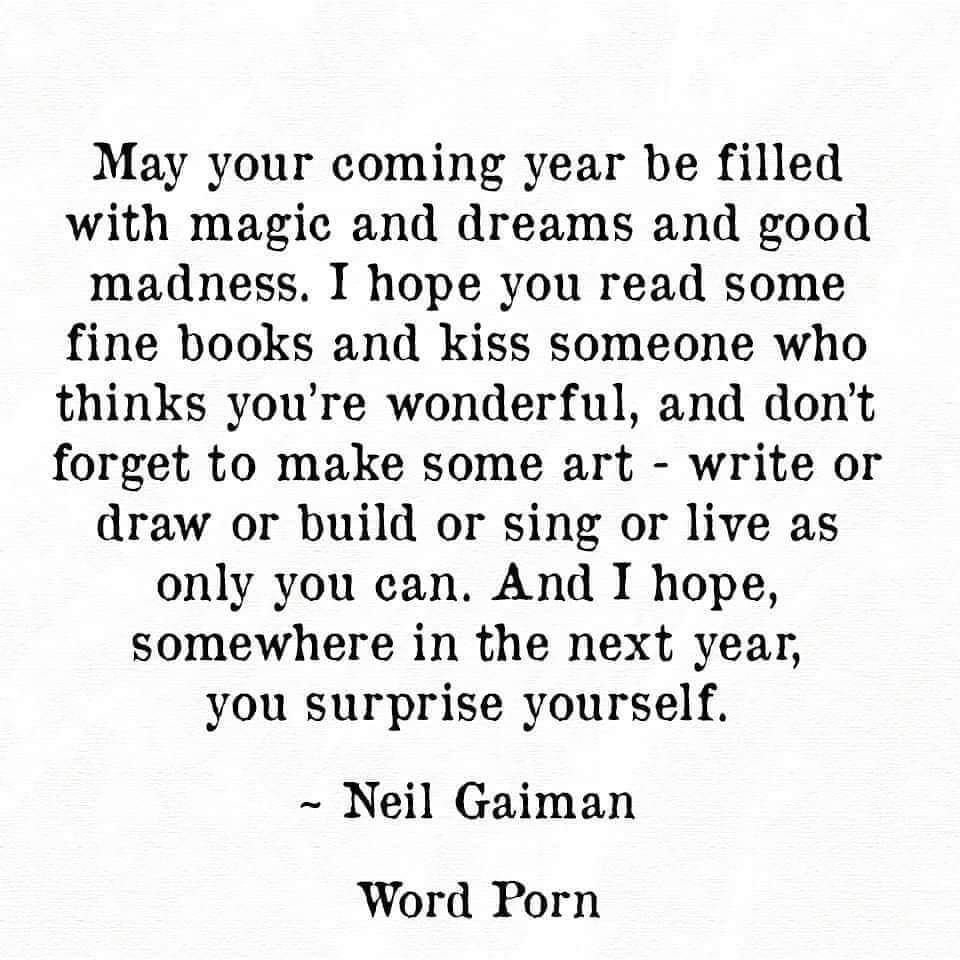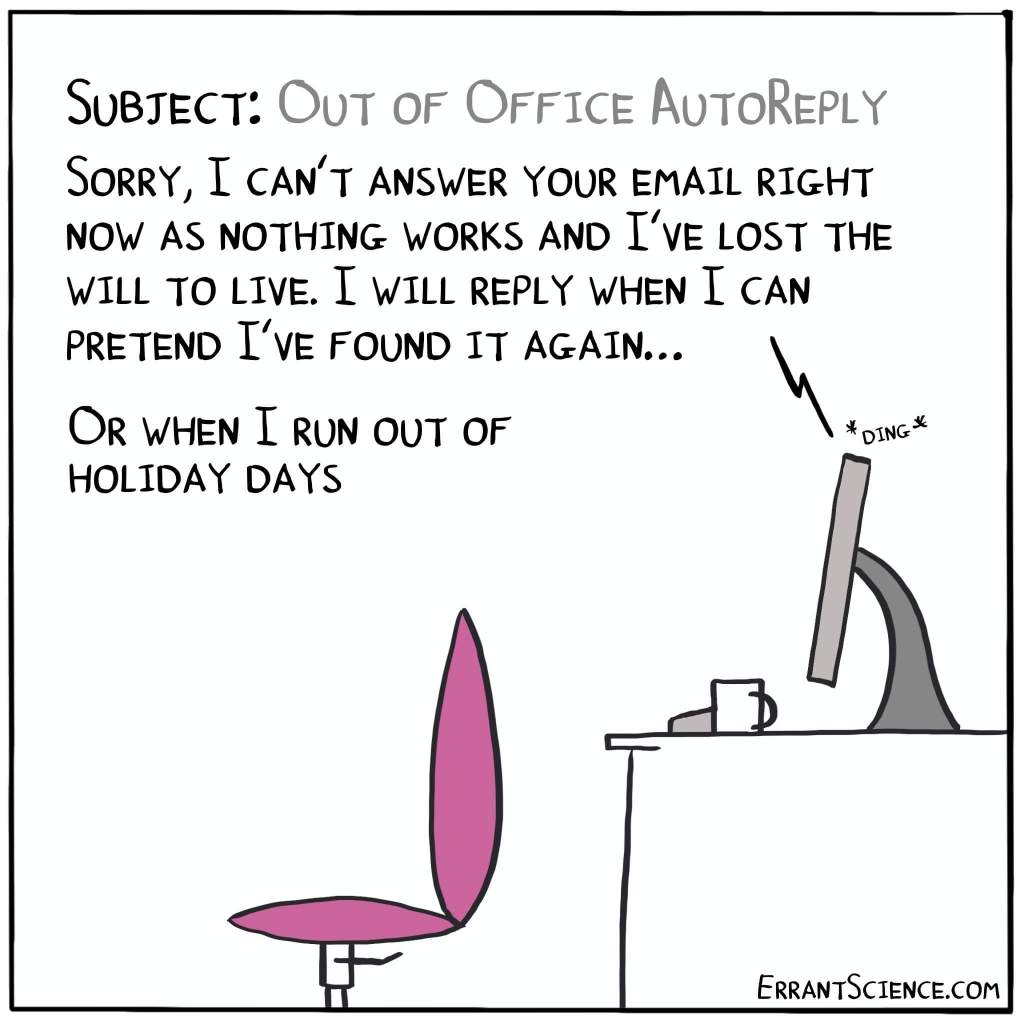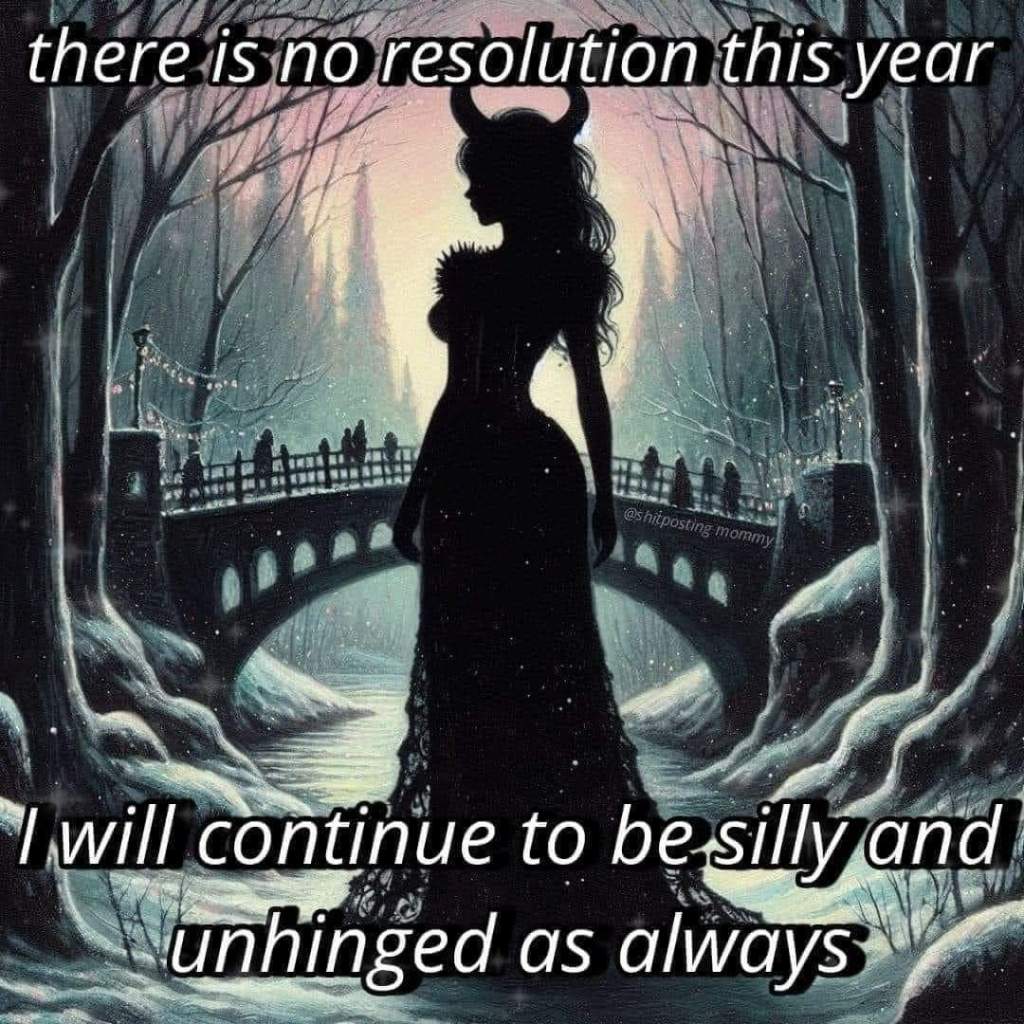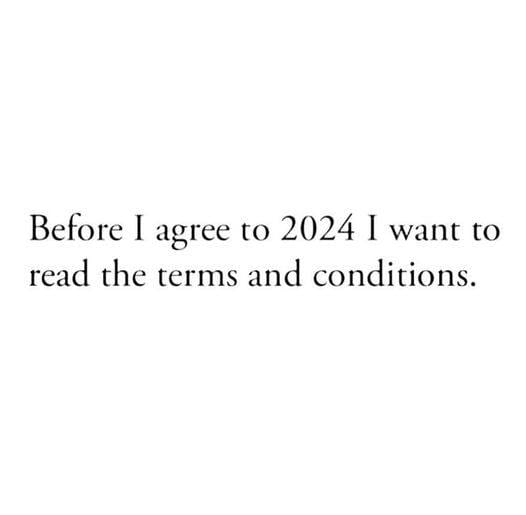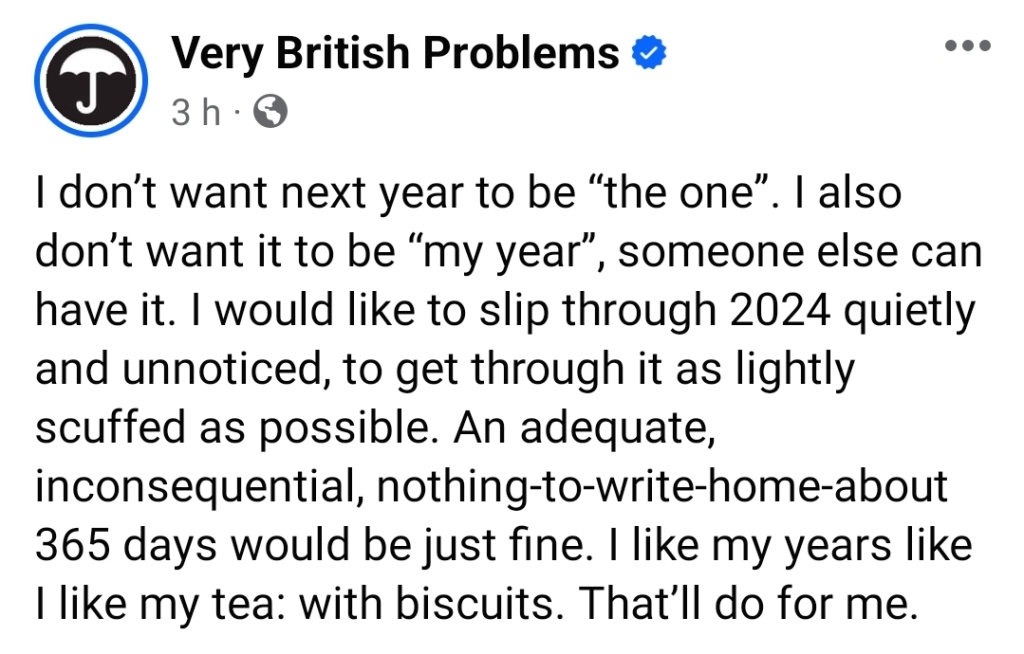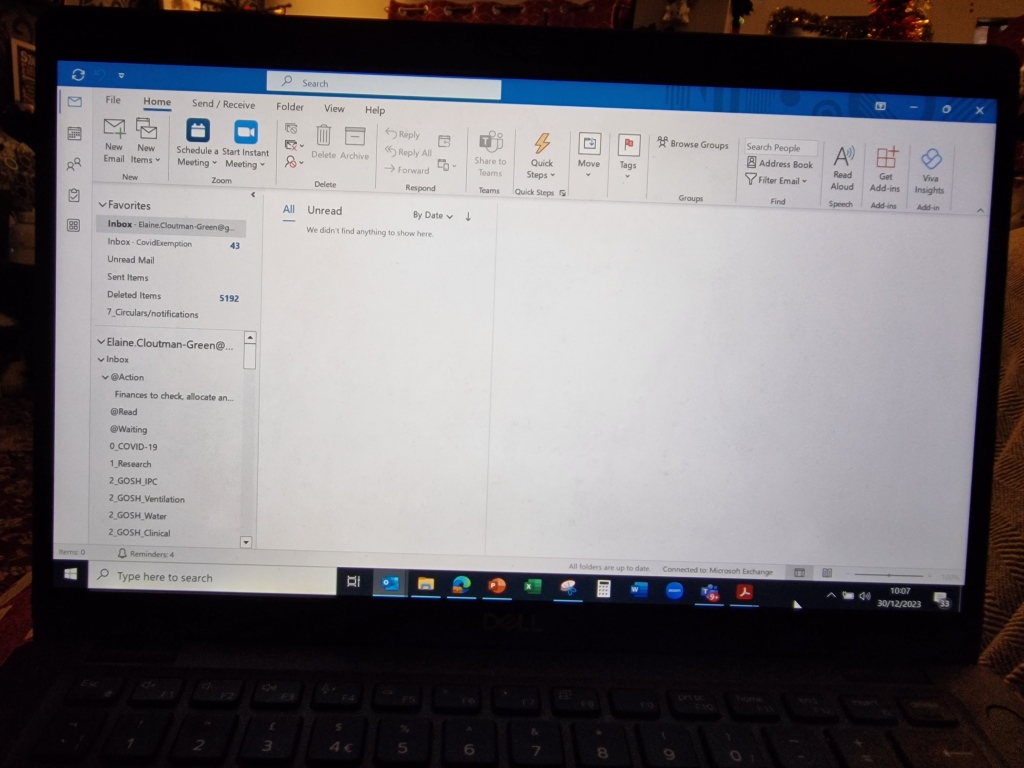April is always an interesting time for me and my mental health and well being. I’ve written a couple of posts as to why, but the main thing to know is that due to bereavement, I am probably not the most resilient version of myself at this time of year. In addition to this, I have a tendency to be pretty self-critical, which probably doesn’t help.
I’ve written before about shame spirals and how these play out for me. Shame spirals, for me, tend to be discreet events linked to a stimuli. In contrast, anxiety rabbit holes tend to be protracted. They build over time and tend to come to a bit of climax. They are driven internally by my state of being, although external stimuli can often pile onto what is already a pretty hard time. If I get into full-on ‘rabbit hole’ mode, it’s not pretty, not for me, but also for those around me. My husband refers to these periods as me ‘developing bunny ears’, and it’s a pretty accurate description. I’m like a rabbit in the headlights, and every action, or lack of it, makes the anxiety worse. I’ve never really talked about this outside my family, but in the hope that others find it yourself I thought I should talk about what it looks like, for me, and how I’m learning to manage it better.

Know what your rabbit hole looks like
Everyone’s anxiety response looks different, feels different, and impacts differently. Mine hits with a massive decrease in confidence accompanied by an unhealthy dose of paranoia about how I’m perceived by others. Do I work hard enough? Am I committed enough? Am I good enough?
These particular drivers mean that I start to try to manage them by working harder, agreeing to more to justify my existence and holding myself to an even higher level of account. Sounds like it’s not a problem, right? The problem is that the more I do the less I’m managing the cause, which is usually linked to tiredness or physical symptoms in my case. Pushing harder, driving harder, makes these symptoms worse until before I know it, I haven’t had an evening or weekend off for weeks and I’m on the verge of both physical and emotional collapse, as I still feel bad at my job and I have nothing else to give and yet I can no longer ‘push through’. At this point it really is a no win situation. The very thought of not working creates panic attack levels of response, but I also can’t work any harder or anymore. Just stepping away may mean I can be found crying over a laptop. It’s not pretty.
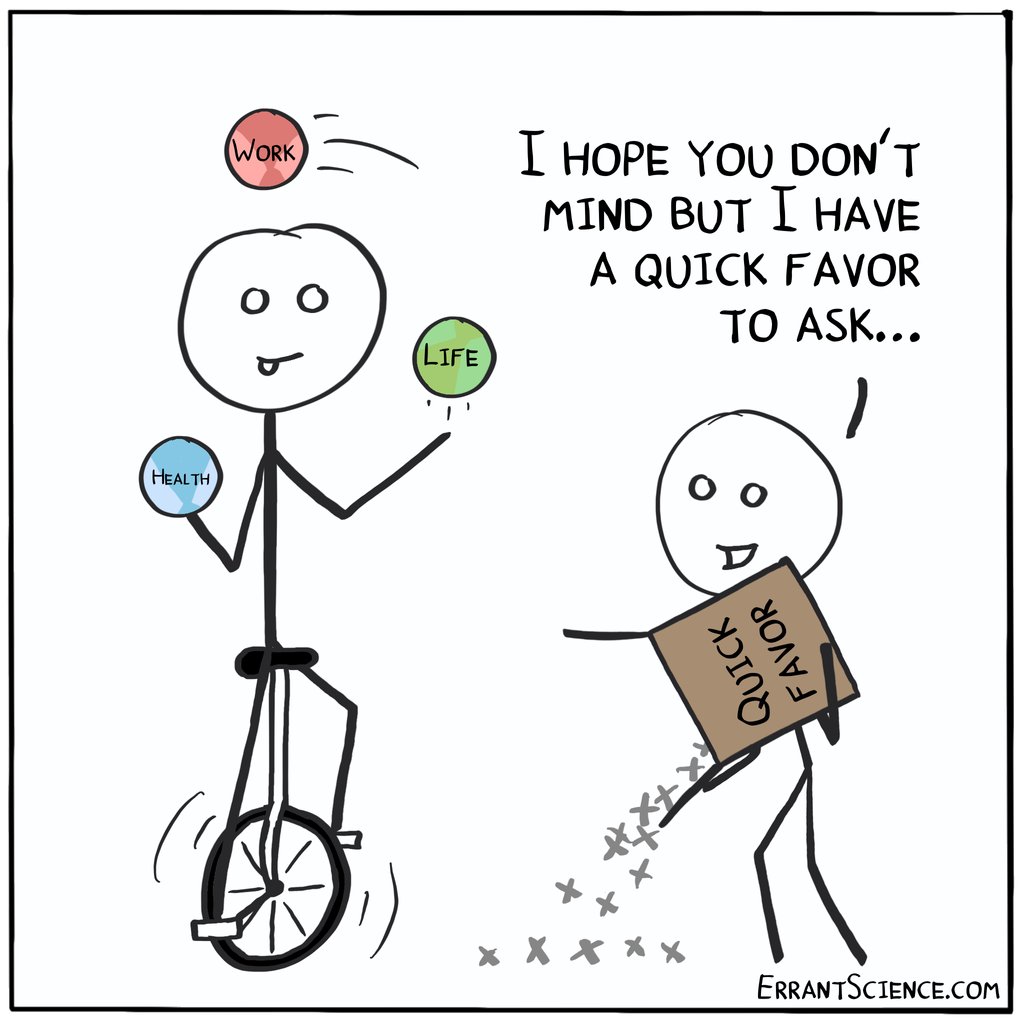
Become familiar with your warning signs
The ideal is obviously to recognise early in the process that the descent into the rabbit hole has begun. Sometimes, this is easier than others. Sometimes, the descent is slow and steady with a fair amount of warning signs. Sometimes, it happens so rapidly that I’m at the bottom of the pit before I’ve even recognised I was falling. Some of that variability is linked to triggers and things that put me in a more vulnerable position, either physically or mentally. I sometimes find it hard to work out why the pattern of longer days and weekends occurs, whether it is the lack of rest that drives the anxiety, or the anxiety is what comes first, either way I need to recognise it’s happening. I think the other big sign for me is that I start to lose the ability to have a good nights sleep due to waking up and being faced by waves of anxiety linked to lists of things that I haven’t done, or reflections on conversations. None of which can be dealt with at 3am, and are therefore an unproductive use of time and emotional capital. Exhaustion then becomes a state of being, and any form of clarity or rational thought process becomes increasingly difficult to achieve and performing an intervention becomes required.
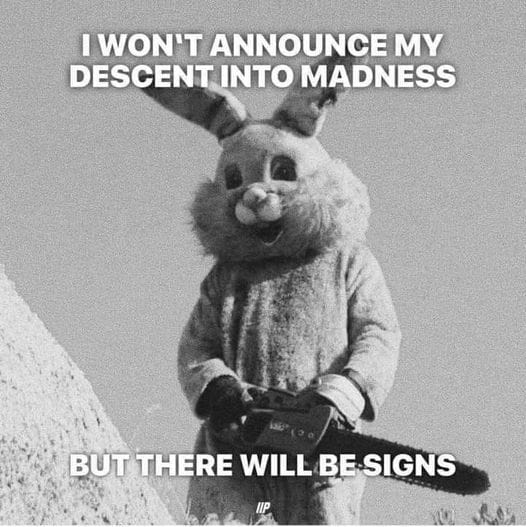
Identify your triggers
I’ve said that some things can get me into the hole faster than normal, knowing what those triggers are, for me, has been key to managing my approach. Specific triggers for me can be linked to:
- Anything bad going on with my family, as this a direct short cut back to unresolved trauma linked to my sister
- Health spirals, sometimes the auto immune responses I experience make sleeping harder and can generally make life uncomfortable
- Mistakes or anything that makes me come up against my perfectionist tendencies
- Attacking critiques, we’ve all been there, sometimes criticism is constructive, sometimes less so
All of these things can make it more likely that I’m going to respond in a less robust way to the general pressures of life than I would normally hope to. I therefore find being aware of these triggers a useful way of being self-aware linked to my anxiety levels and my responses. Everyone will have their own, I suspect there are some similarities, but these are mine.
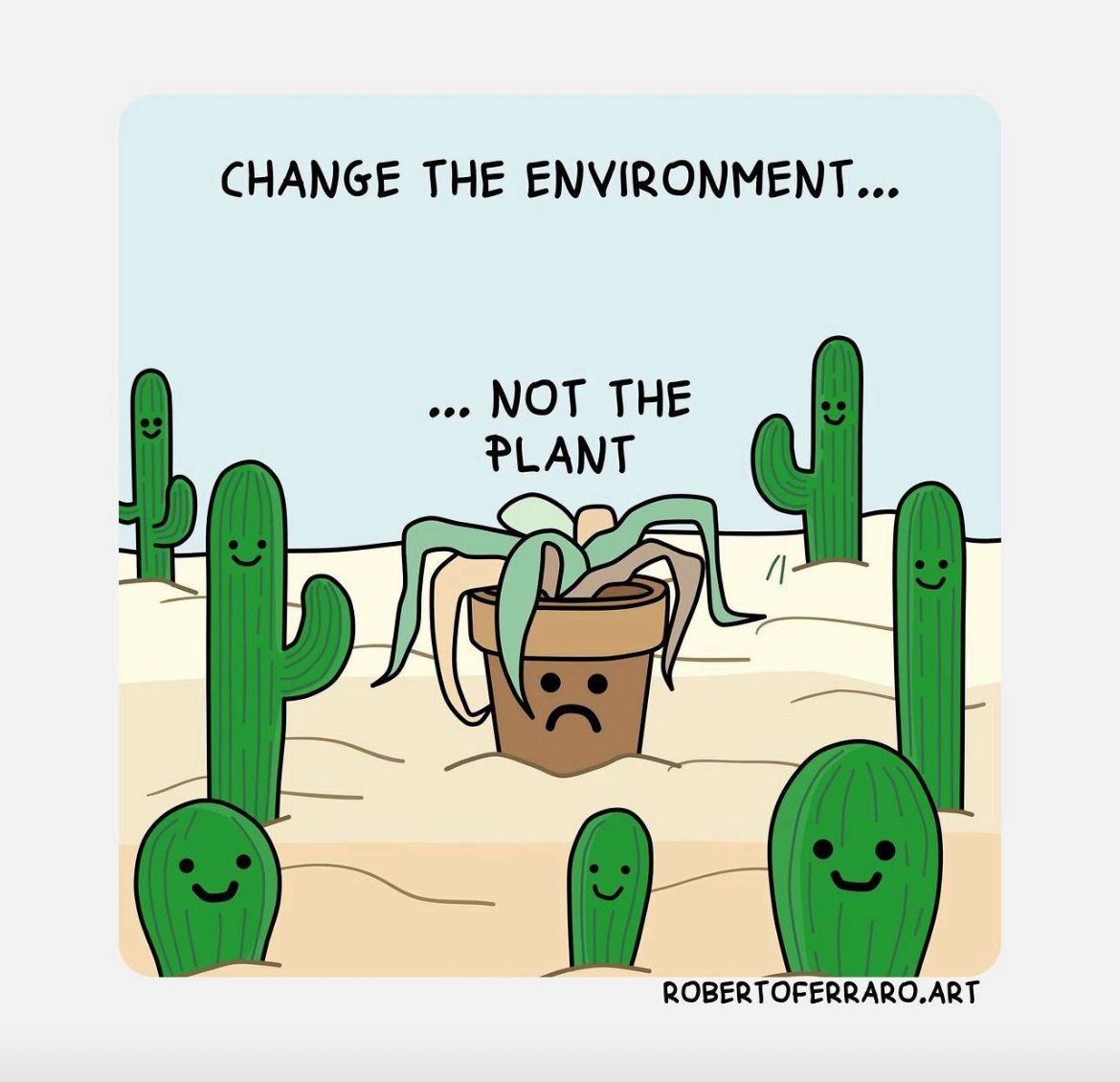
Beware of poking the bear or rabbit in this case
There are always people out there who can help or hinder. I am super aware that when I’m in an anxious place there are definitely people who can accelerate my descent. Those people who take some joy in pointing out your flaws, who talk about how they don’t have ‘these issues’, or who take advantage of your anxiety driven need to agree to stuff to give you as much work as they possibly can. There are also those who will try to help by encouraging you to talk through what’s going on, but whilst doing so just draw focus onto the thing that is the source of your anxiety, whether it’s actionable or not. I personally need to step away from these high risk encounters when it’s not going well in order to have a little self preservation.
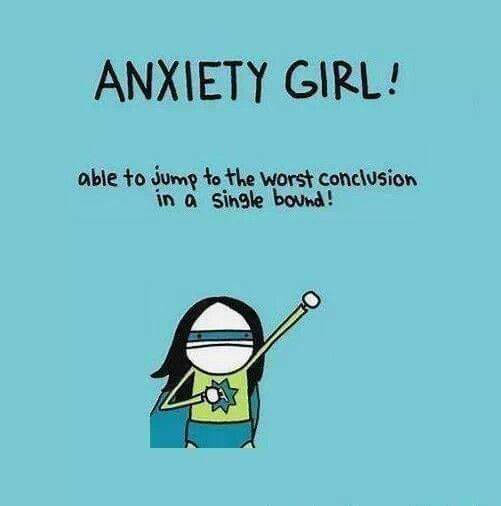
Be aware of how your behaviour impacts others
Having said that others can make the scenario worse, it’s also important to own the way that your behaviour may also impact others. I can get pretty short with people not responding in, what I have determined to be, a timely manner – as I can feel that everything is time critical even if it’s not. I can struggle to disengage and let others own their tasks, or properly delegate, which can muddy the waters or lead others to believe that I don’t have faith in them, which is definitely not the case. I can also make things worse for my colleagues by setting an example, or standard, of being constantly available, which is neither good nor sustainable. It can then appear that I expect others to do the same, and worse than that, it can mean that when I return to a more normal rhythm or routine, they get expected by others to pick up the slack. None of these things are intentional, but they are true none the less, and so being aware of how our responses impact others is key.
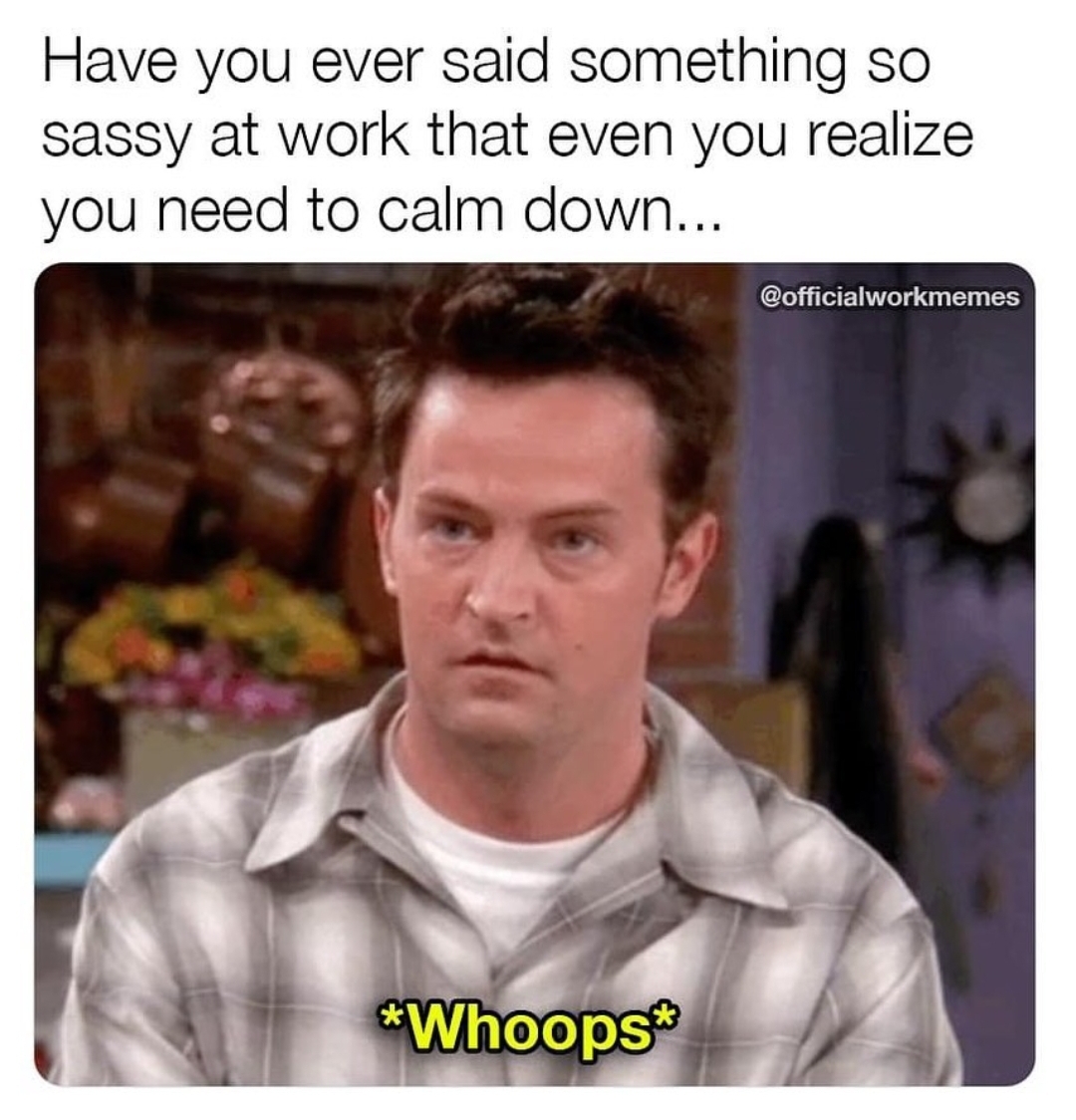
Have mechanisms to help you cope
So, having talked about how I end up in the anxiety rabbit hole and the less pretty consequences of it, how do I cope and manage myself? The first thing is, I have a couple of solid go to members of friends and family, and I have a very low bar for asking for help. This may mean that I need a bench marking phone call with the amazing Captain Claire about whether my responses are appropriate. I also have a wonderful team who I will sometimes message and ask for a second opinion on how an interaction went that I am replaying. I will also go to Mr Girlymicro and confess that I need a weekend completely off with no work and ask him to support me in being able to do so. To check in with me when he sees me opening my work laptop, or opening a blog post to write, to help me in stepping away. I also have a world of bad reality TV lined up which is sufficiently distracting but doesn’t require me to actively care, that enables some of the more challenging parts of my mind to be occupied doing something else.
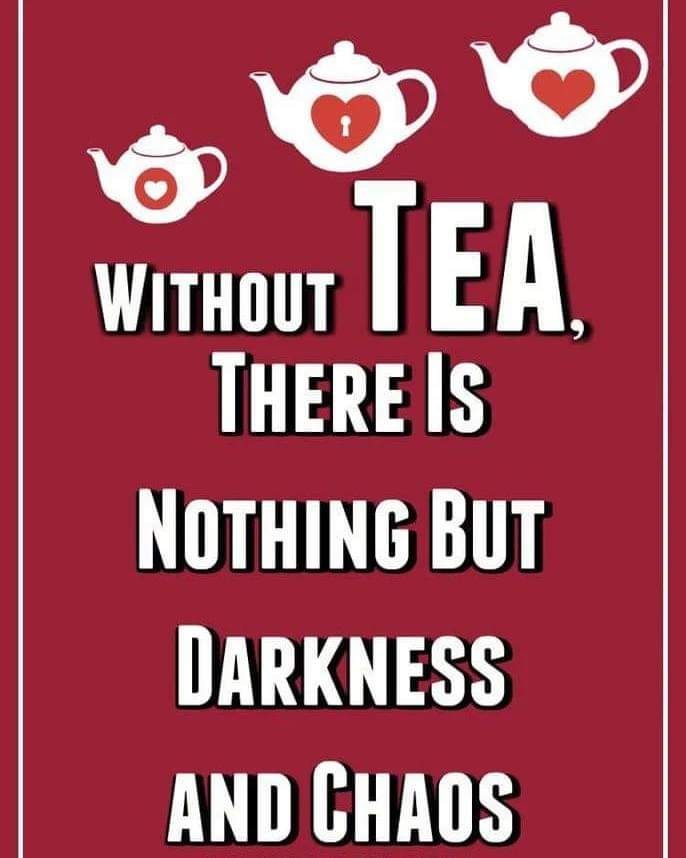
Try to set yourself some rules
The hard bit comes when I’m in such a bad place that I have to set rules. Rules like, I will log off at 5pm, or that I won’t work at all over the weekend, that I will book leave and step away entirely. Sounds easy right? When I’m in the depths of the hole it’s anything but. If I could just get to the end of the inbox I would feel better. If I could just complete this task the anxiety would go away. It’s false, it doesn’t actually work that way. It just leads to the next thing and then the next thing, as it’s actually making the situation worse. It’s like when I have a skin flare, the scratching helps for the period I’m scratching, but the situation once I stop is oh so much worse. The only solution is to stop scratching and let it heal. The same is true for using work to manage my anxiety, it doesn’t fix it, only dealing with the root cause does that.

Understand that it will be uncomfortable
The long and short is that the crawling out of the hole is just incredibly hard and uncomfortable. A couple of week ago, as 5pm on a Friday, I knew I was in such a bad place that I had to stop as I was exhausted and needed some proper rest to be in a better place. At the same point closing that laptop screen was an act of willpower. The anxiety spike caused by walking away, when your brain says that everyone will be let down because you are failing to be on top of things when you do, is so hard. Even when the rational part of your brain knows that a) none of the way you are seeing the world is currently real, b) that everyone else is logging off and there is actually nothing to be accomplished by persisting and c) by working every weekend you are setting yourself up to never be able to have a weekend off as everyone will assume you are always around. It is uncomfortable to step away. It feels like you are making it worse, not better, but it is the only way out of the hole and the only way is through.
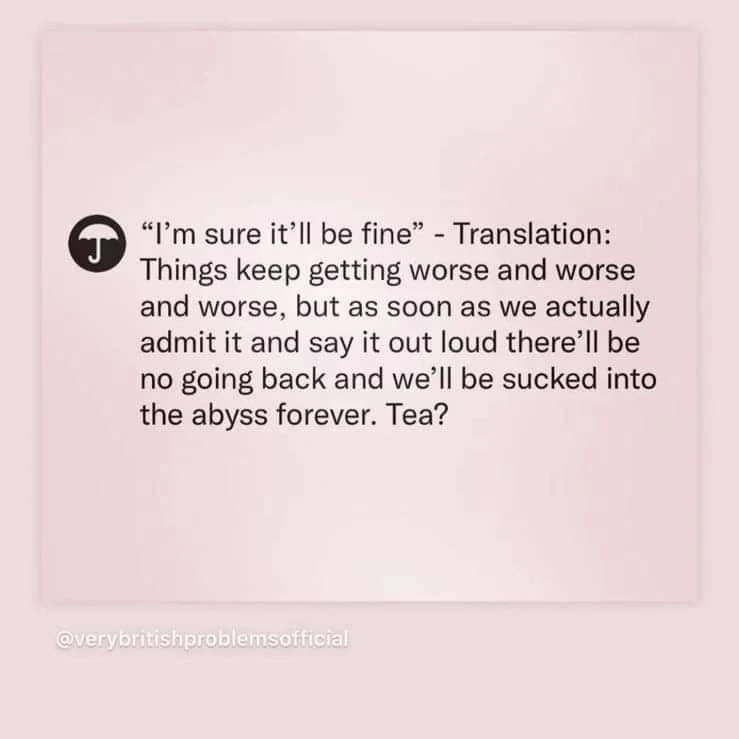
Know that you will get through it
The one thing that always helps me more than anything else is that I know that I have been here before and I know that I have come out the other side. It is not fun, it is not something that I like about how my brain works, but it is the reality of living with the mind I have. I have the best family, friends and colleagues who are supportive and understand that I am not always a bunch of roses to work/live with. I think they all know however that I strive to be better. Part of that striving is reflecting and building self awareness so that you are better able to cope in your own skin. Learning to love ourselves for the reality of who we are, warts and all, is a key part of life and happiness, and the sooner we accept the need to be as kind to ourselves as we are to others, the better our lives will be. So make sure you have a sign above the entrance to your rabbit hole so you know where it is, build in a ladder to help you climb out when you fall in, and importantly, if you find yourself there, more than anything else be kind.
All opinions in this blog are my own

